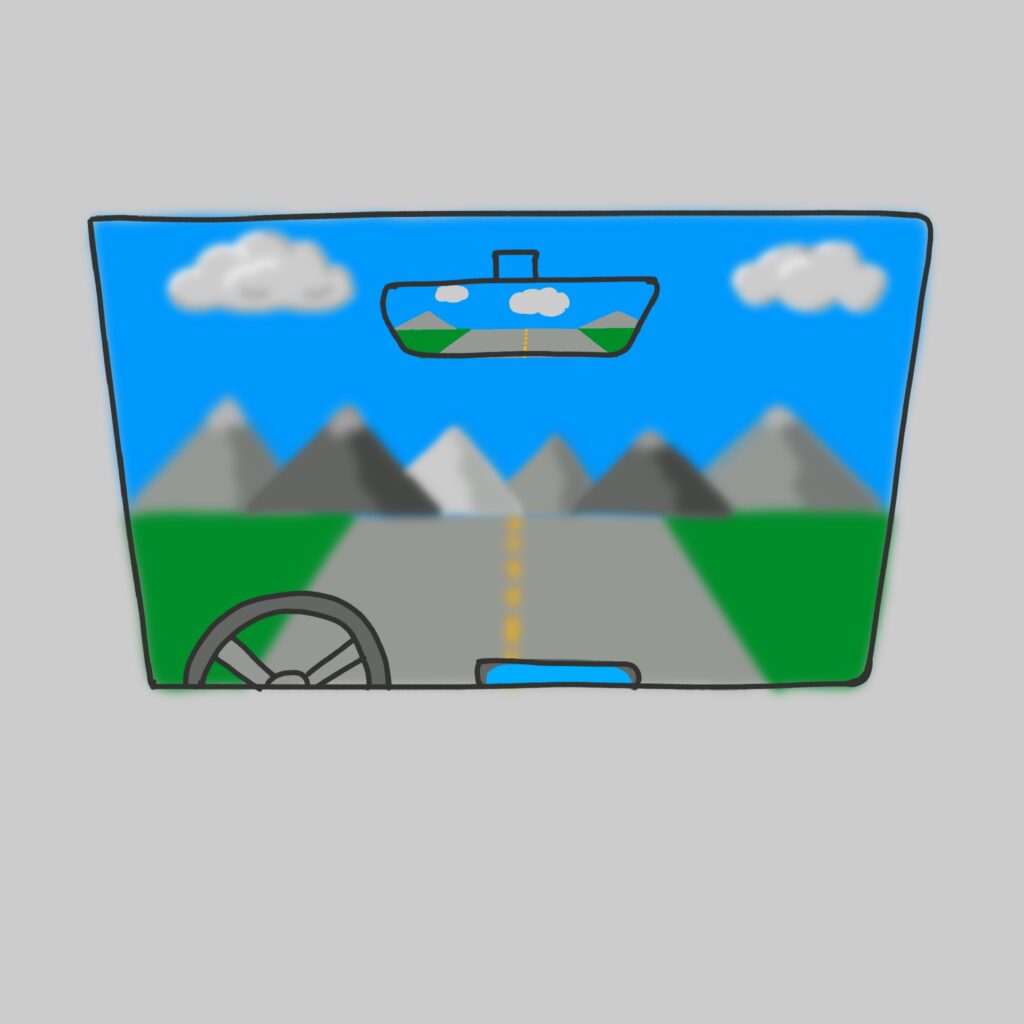“Hindsight is 20/20.”
So the old expression goes. But in reality hindsight is deceptive. Without the right protection in place, hindsight can lead to us making worse decisions in the future.
Here’s a quick intro to the hindsight bias and how to tackle it.

What is hindsight?
Hindsight is looking back at a situation and only then understanding it.
You realised things you dismissed were important, or what you thought was wrong.Like when you rewatch a movie knowing the ending or twist and scenes have a whole new meaning.
And this is why hindsight can be helpful.
With the benefit of knowing the end result, we can
- realise mistakes we made
- spot missed opportunities
- and be better prepared for next time
But hindsight can blind too.
The dangers of hindsight
When we look back, we can assume a moment of luck or chance was inevitable.
Someone who just happens to be in the right place can look like a genius, or we can assume the strategy was correct when really it was just good fortune.
When that happens, we learn the wrong lessons.
So how can we combat hindsight bias?
The best remedy is to consider alternative outcomes and explain why ours was the most likely to occur.
The danger is that we can be influenced by other biases like the confirmation bias where we will ignore evidence against our beliefs.
Conclusion 👨🏫
Hindsight can help us learn from the past, but it can make us assume past events were inevitable.
We should reflect on how different events could have gone and how likely they were.

Leave a Reply